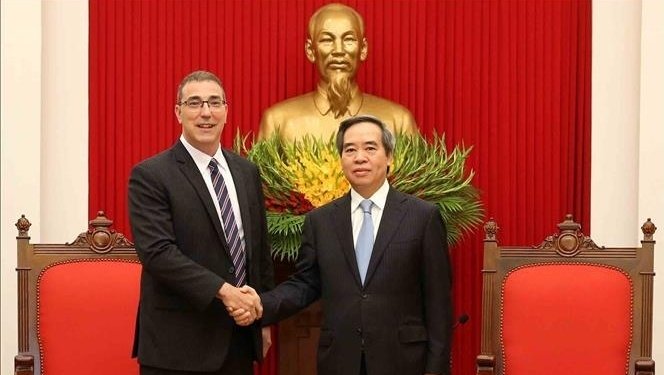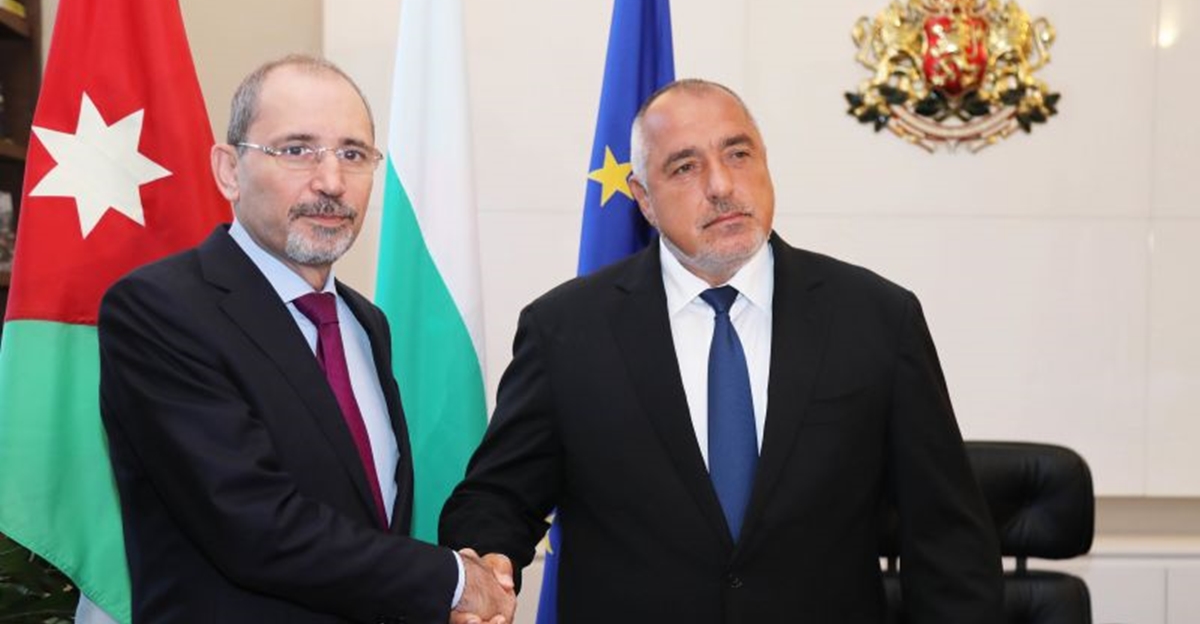CNBC (20 August 2019)
Thailand has been home to more military coup d’états in modern history than any other country.
New Mandala, an academic blog on Southeast Asian affairs, found that Thailand has had 13 successful and nine unsuccessful coups in just over a century. The most recent being in 2014.
Many have attributed the country’s recent divisive politics to the rise of Thaksin Shinawatra. The telecommunications billionaire became prime minister in 2001 but was toppled by a military coup in 2006.
But some political scientists say the turmoil is about more than just Thaksin. The One Earth Foundation’s CoupCast project details multiple factors that increase the risk of a military coup.
There are two key ones:
A history of coups
Research shows if countries have already experienced a coup, they’re more vulnerable to having another one.
Thailand has developed what experts call a “coup culture.” That doesn’t mean that Thai culture itself is prone to coups. What it does mean is that there has been a normalization of military coups. They are seen as an acceptable way to solve a political crisis, and often it’s the public calling for the military to step in.
The country’s form of government
Coup attempts rarely happen in countries that are fully dictatorial or fully democratic. But those with systems that include a bit of both, like Thailand, are more susceptible.
In 2014, Yingluck Shinawatra, the then Thai prime minister, and Thaksin’s sister suffered the same fate as her brother and was overthrown by the military. That coup was led by Gen. Prayuth Chan-ocha, who became the country’s prime minister.
However, in March this year Thailand held its first national election for five years. Even though Thaksin Shinawatra was still in exile, the third incarnation of his political party — now called the Pheu Thai Party — won the most seats. But it failed to get an overall majority and the party’s attempts to form a coalition government were unsuccessful.
Instead, parliament elected Prayuth Chan-ocha to the top office, allowing him to continue to serve as prime minister, despite claims from opposition leaders that the vote was rigged.
https://www.cnbc.com/2019/08/20/why-does-thailand-have-so-many-coups.html
No comments yet.
- THE BRIEF: BRITAIN'S LABOUR PARTY WANTS TO BLOCK A NO-DEAL BREXIT Europe - EU 20.08.2019
-
 IRAN RAILWAYS: AZERBAIJAN ACTIVELY PARTICIPATING IN NORTH-SOUTH CORRIDOR FORMATION
The Caucasus and Turkish-Armenian Relations
20.08.2019
IRAN RAILWAYS: AZERBAIJAN ACTIVELY PARTICIPATING IN NORTH-SOUTH CORRIDOR FORMATION
The Caucasus and Turkish-Armenian Relations
20.08.2019
-
 POLISH DEPUTY MINISTER TARGETED JUDGES IN HATE CAMPAIGN
Europe - EU
20.08.2019
POLISH DEPUTY MINISTER TARGETED JUDGES IN HATE CAMPAIGN
Europe - EU
20.08.2019
-
 IMF PLEDGES FURTHER SUPPORT FOR VIETNAM
Asia - Pacific
20.08.2019
IMF PLEDGES FURTHER SUPPORT FOR VIETNAM
Asia - Pacific
20.08.2019
-
 MEETING JORDANIAN FM, BULGARIA’S PM BACKS AQABA PROCESS
The Balkans
20.08.2019
MEETING JORDANIAN FM, BULGARIA’S PM BACKS AQABA PROCESS
The Balkans
20.08.2019
-
25.01.2016
THE ARMENIAN QUESTION - BASIC KNOWLEDGE AND DOCUMENTATION -
12.06.2024
THE TRUTH WILL OUT -
27.03.2023
RADİKAL ERMENİ UNSURLARCA GERÇEKLEŞTİRİLEN MEZALİMLER VE VANDALİZM -
17.03.2023
PATRIOTISM PERVERTED -
23.02.2023
MEN ARE LIKE THAT -
03.02.2023
BAKÜ-TİFLİS-CEYHAN BORU HATTININ YAŞANAN TARİHİ -
16.12.2022
INTERNATIONAL SCHOLARS ON THE EVENTS OF 1915 -
07.12.2022
FAKE PHOTOS AND THE ARMENIAN PROPAGANDA -
07.12.2022
ERMENİ PROPAGANDASI VE SAHTE RESİMLER -
01.01.2022
A Letter From Japan - Strategically Mum: The Silence of the Armenians -
01.01.2022
Japonya'dan Bir Mektup - Stratejik Suskunluk: Ermenilerin Sessizliği -
03.06.2020
Anastas Mikoyan: Confessions of an Armenian Bolshevik -
08.04.2020
Sovyet Sonrası Ukrayna’da Devlet, Toplum ve Siyaset - Değişen Dinamikler, Dönüşen Kimlikler -
12.06.2018
Ermeni Sorunuyla İlgili İngiliz Belgeleri (1912-1923) - British Documents on Armenian Question (1912-1923) -
02.12.2016
Turkish-Russian Academics: A Historical Study on the Caucasus -
01.07.2016
Gürcistan'daki Müslüman Topluluklar: Azınlık Hakları, Kimlik, Siyaset -
10.03.2016
Armenian Diaspora: Diaspora, State and the Imagination of the Republic of Armenia -
24.01.2016
ERMENİ SORUNU - TEMEL BİLGİ VE BELGELER (2. BASKI)
-
AVİM Conference Hall 24.01.2023
CONFERENCE TITLED “HUNGARY’S PERSPECTIVES ON THE TURKIC WORLD"









